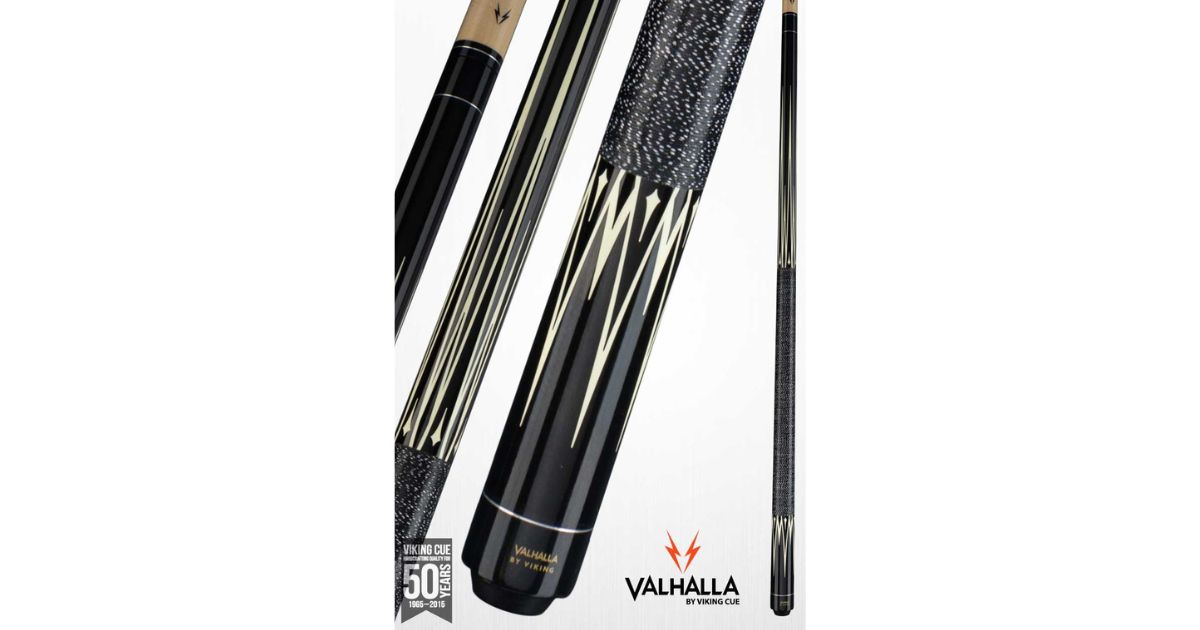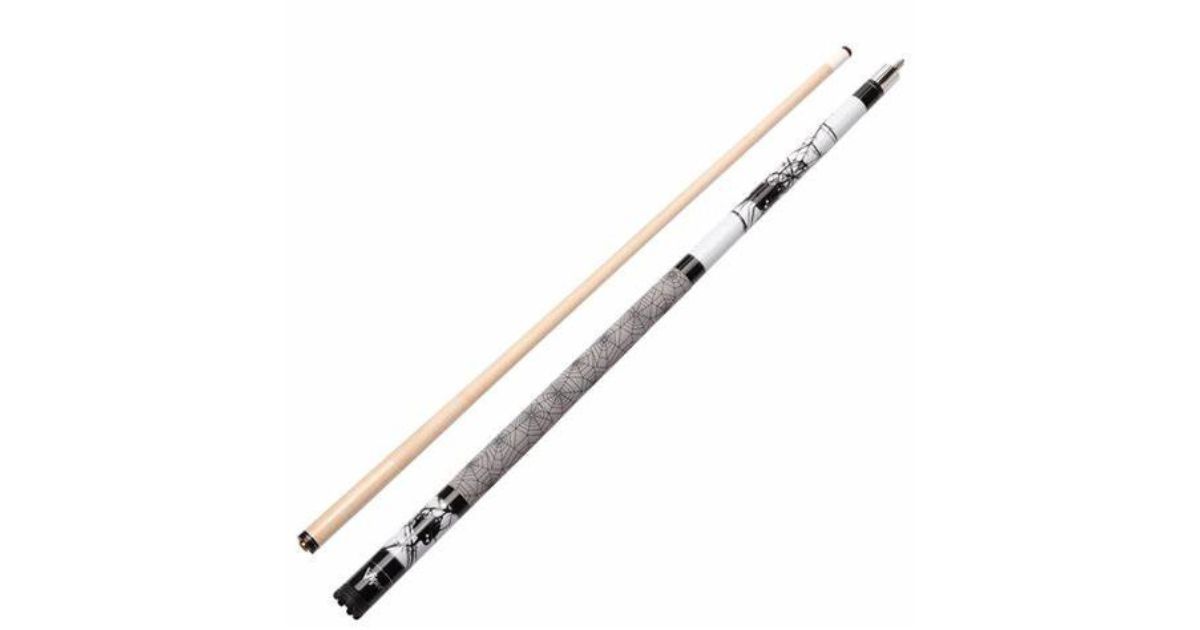Best Intermediate Pool Cues: Finding The Perfect Stick For Your Skill Level
So, you're looking to step up your game and get your hands on the best intermediate pool cues? Trust me, I've been there. Whether you're a regular at the local pool hall or just getting serious about improving your skills, having the right cue is game-changing. It's like upgrading from a plastic bat to a professional-grade aluminum one—except in this case, it's all about precision and control. But with so many options out there, where do you even start?
Choosing the right pool cue can feel overwhelming, especially when you're at that sweet spot between beginner and advanced levels. You're no longer satisfied with the cheap cues that come with the table, but you're not ready to drop serious cash on something that looks like it belongs in a museum either. That's where intermediate cues come in. They strike the perfect balance between affordability and performance, giving you the tools you need to take your game to the next level.
But hold up—before you rush out and buy the first cue you see, let's dive into what makes a cue "intermediate" and why it matters. This isn't just about picking a stick that looks cool; it's about finding one that fits your style, budget, and skill level. In this guide, we'll break down everything you need to know to make an informed decision, from materials and weight to balance and grip. So grab a cup of coffee, get comfy, and let's chat about how to find the best intermediate pool cues for YOU.
Read also:Remembering Mark Healy How Roseannes Reboot Honors Glenn Quinns Legacy
Why Intermediate Pool Cues Are the Sweet Spot
Alright, let's talk turkey here. Beginner cues are great when you're first starting out, but let's be real—they're not built to last or perform at a high level. On the flip side, advanced cues can cost an arm and a leg, and they often come with features that most intermediate players don't even need. That's where intermediate cues shine. They're designed specifically for players who have moved past the basics but aren't quite ready to tackle the pros.
Intermediate cues offer a few key advantages:
- Quality Materials: You won't find cheap wood or plastic here. Intermediate cues are typically made from high-quality wood like maple or ash, which provides better durability and performance.
- Customizable Features: Unlike beginner cues, intermediate cues often come with customizable options like different tip sizes, shaft weights, and grip materials. This lets you tailor the cue to your playing style.
- Affordable Price: Let's not forget the most important part—value for money. Intermediate cues strike a great balance between cost and quality, so you don't have to break the bank to upgrade your game.
So whether you're aiming to improve your accuracy, consistency, or just want a cue that feels good in your hands, intermediate cues are the way to go. Now, let's dive deeper into what makes them tick.
What to Look for in the Best Intermediate Pool Cues
When it comes to choosing the right intermediate cue, there are a few key factors you need to consider. Think of it like buying a car—you wouldn't just pick one based on looks alone, right? Same goes for pool cues. Here's what you need to keep an eye out for:
1. Material Matters
The material your cue is made from plays a huge role in its performance. Most intermediate cues are crafted from hardwoods like maple or ash, which provide excellent durability and control. Maple cues, for example, are known for their straightness and consistency, making them a popular choice among players who prioritize accuracy. Ash cues, on the other hand, offer a bit more flexibility, which can be great for players who like a softer feel.
2. Weight and Balance
Weight is another big factor to consider. Most intermediate cues range between 18 and 21 ounces, but the ideal weight depends on your personal preference. Some players like a heavier cue for more power, while others prefer a lighter one for better control. Balance is also key—look for cues with a well-balanced design that feels comfortable in your hands.
Read also:Royal Excitement Builds Kate Middletons Third Baby On The Way
3. Shaft and Tip
The shaft and tip of your cue are where the magic happens. A good-quality shaft should be smooth and straight, with minimal deflection. As for tips, they come in different hardness levels, each offering a unique feel. Softer tips provide more spin, while harder tips offer better control. It's all about finding what works best for your style of play.
Top Brands for Intermediate Pool Cues
Now that you know what to look for, let's talk about some of the top brands in the intermediate cue game. These companies have built a reputation for producing high-quality cues that won't break the bank. Here are a few you should check out:
- Century Cues: Known for their affordable yet reliable options, Century is a go-to for many intermediate players.
- McDermott: While they're more famous for their premium cues, McDermott also offers some excellent intermediate options that pack a punch.
- Meucci: If you're looking for a classic feel with modern performance, Meucci is worth considering. Their intermediate cues are a great blend of tradition and innovation.
These brands have been around for years and have earned the trust of countless players. When you're shopping for a new cue, you can't go wrong with any of these names.
Breaking Down the Best Intermediate Pool Cues
Alright, let's get into the nitty-gritty. Here's a rundown of some of the best intermediate pool cues on the market, along with what makes them stand out:
1. McDermott G-Core
The McDermott G-Core is a fan favorite among intermediate players. It features a carbon fiber construction that provides unmatched durability and performance. Plus, its customizable weight system lets you fine-tune the cue to your liking. Trust me, once you try it, you'll wonder how you ever lived without it.
2. Century Tornado
If you're on a budget but still want top-notch quality, the Century Tornado is a solid choice. It's made from high-grade maple and comes with a leather tip for enhanced control. Plus, its sleek design is sure to turn heads at the pool hall.
3. Meucci Predator
The Meucci Predator is a beast when it comes to performance. Its low-deflection shaft ensures pinpoint accuracy, while its ergonomic grip provides unmatched comfort. If you're serious about taking your game to the next level, this cue is worth the investment.
Factors That Influence Cue Performance
Now that you know what to look for and which brands to consider, let's dive into some of the factors that can influence how well your cue performs. These are the little details that can make a big difference in your game:
1. Shaft Diameter
The diameter of your cue's shaft can affect how much control you have over the ball. Thinner shafts provide more precision, while thicker ones offer better power. It's all about finding the right balance for your playing style.
2. Tip Hardness
As we mentioned earlier, tip hardness plays a huge role in how your cue performs. Softer tips give you more spin, while harder ones provide better control. Experiment with different tip types to see what works best for you.
3. Grip Material
Your cue's grip can also impact your performance. Some players prefer leather grips for their classic feel, while others opt for synthetic materials for added comfort and durability. Again, it's all about personal preference.
Maintaining Your Intermediate Pool Cue
So you've found the perfect intermediate cue—now what? Proper maintenance is key to keeping your cue in top shape. Here are a few tips to help you extend the life of your stick:
- Keep It Clean: Wipe down your cue after every use to remove dirt and oils that can affect its performance.
- Store It Properly: Invest in a cue case to protect your stick from damage and moisture.
- Replace the Tip When Needed: Over time, your cue's tip will wear down. Don't wait until it's completely shot—replace it as soon as you notice any issues.
By following these simple steps, you'll ensure your cue stays in tip-top shape for years to come.
Common Mistakes to Avoid When Buying a Cue
Before we wrap things up, let's talk about some common mistakes people make when buying an intermediate pool cue:
- Buying Based on Looks Alone: Sure, a cue might look cool, but if it doesn't perform well, what's the point?
- Ignoring Weight and Balance: These factors are crucial to your game, so don't overlook them when making a decision.
- Not Trying Before You Buy: Whenever possible, test out a cue before committing to it. You'll be glad you did.
By avoiding these pitfalls, you'll be well on your way to finding the perfect intermediate cue for your needs.
Conclusion: Take Your Game to the Next Level
Well, there you have it—a comprehensive guide to finding the best intermediate pool cues. Whether you're looking to improve your accuracy, consistency, or just want a cue that feels good in your hands, there's something out there for everyone. Remember, the key is to do your research, try before you buy, and most importantly, have fun with it.
So what are you waiting for? Head out there and find the cue that's right for you. And don't forget to leave a comment or share this article if you found it helpful. Your fellow pool players will thank you for it!
Table of Contents
- Why Intermediate Pool Cues Are the Sweet Spot
- What to Look for in the Best Intermediate Pool Cues
- Top Brands for Intermediate Pool Cues
- Breaking Down the Best Intermediate Pool Cues
- Factors That Influence Cue Performance
- Maintaining Your Intermediate Pool Cue
- Common Mistakes to Avoid When Buying a Cue
- Conclusion: Take Your Game to the Next Level
Article Recommendations


